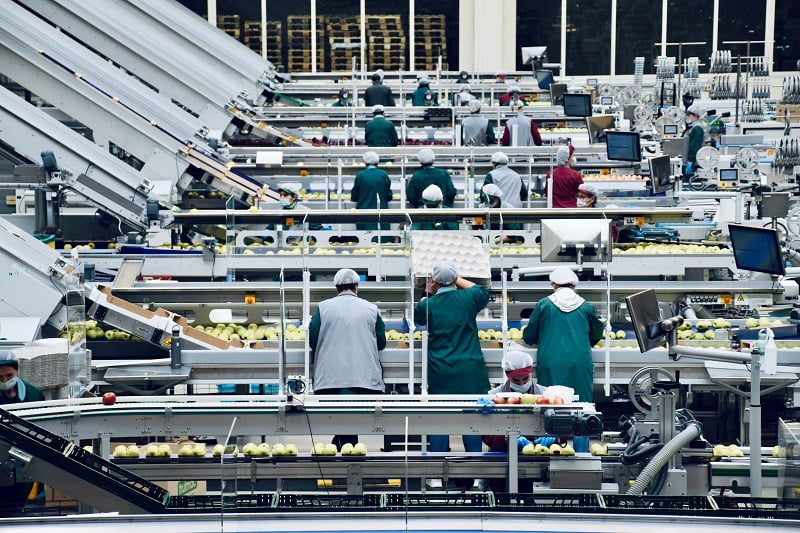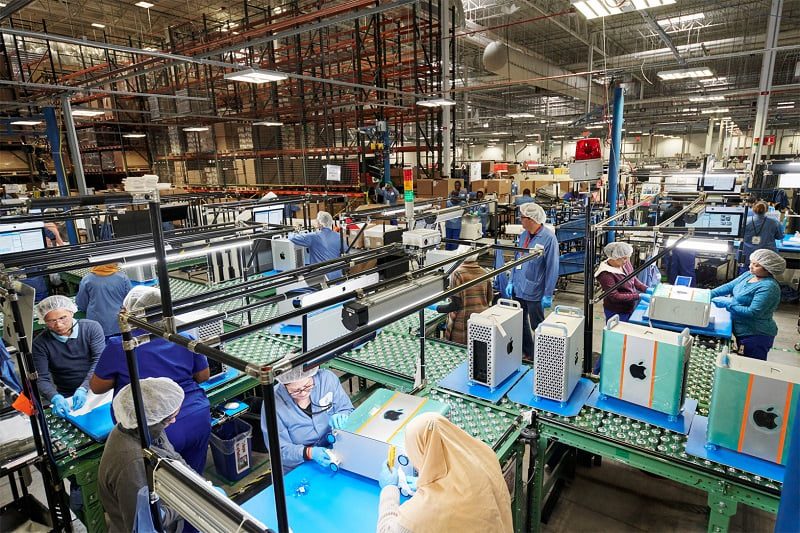
Apple Shifts Away From China New iPhone Plants in India
Apple’s decision to shift its production away from China has been driven by the need to reduce its dependence on the country as a manufacturing center. The COVID-19 pandemic exposed the vulnerability of Apple’s biggest iPhone assembly plant in China, resulting in significant financial losses. As a result, Apple has been actively seeking alternatives, with India emerging as a key player in the company’s production plans. The Indian government’s recent announcement of Foxconn breaking ground on new iPhone plants in Telangana reinforces Apple’s ongoing efforts to relocate manufacturing operations. In this article, we will delve into the significance of Apple’s shift away from China and explore the details surrounding the new iPhone plants in India.
Contents
Apple’s continuing shift away from China
For several years, Apple has recognized the need to reduce its reliance on China as a primary manufacturing hub. The COVID-19 pandemic exacerbated this issue, as the disruption at the world’s largest iPhone assembly plant cost the company billions of dollars per week. Consequently, Apple has been actively exploring alternative manufacturing locations.
India has emerged as Apple’s main hope for relocating production outside of China. Reports indicate that a quarter of all iPhones could be made in India by 2025, and this figure could rise to half of all iPhones by 2027. Apple aims to initiate assembly operations in both China and India simultaneously, particularly with the upcoming iPhone 15. In February, news emerged about a new Foxconn plant in India, which is expected to be approximately half the size of the massive iPhone assembly facility in Zhengzhou, China, often referred to as iPhone City.
Foxconn breaks ground on new iPhone plant
India’s industry and commerce minister recently announced that Foxconn has commenced construction on a new iPhone plant in Telangana. This groundbreaking development marks a significant step forward for Apple’s production diversification strategy. Foxconn’s chairman, Young Liu, has expressed optimism about the revenue potential in India, stating that the new plant’s production should enable the company to double its revenue in the country.
The region of Telangana is renowned for its “Telangana Speed,” characterized by the rapid response of its regional government to new business plans. This favorable business environment has attracted investment from major global players, and Foxconn’s decision to establish a new iPhone plant further solidifies Telangana’s reputation as a favorable manufacturing destination.

AirPods also reported to be part of the plan
In addition to iPhone production, Foxconn is expected to manufacture AirPods at one or more of the new plants. In March, Foxconn secured a groundbreaking contract to produce Apple’s popular wireless headphones in India. This new deal represents the first-ever manufacturing of AirPods in the country. According to Reuters, Foxconn is investing $200 million in a new factory in India dedicated to producing Apple’s wireless earbuds, among other products. This move not only strengthens India’s position in Apple’s supply chain but also presents exciting opportunities for the Indian manufacturing sector.
AirPods Manufacturing
The collaboration between Foxconn and Apple signifies a significant milestone for India’s electronics manufacturing industry. With Foxconn’s substantial investment and expertise, the country can enhance its capabilities in high-tech manufacturing and contribute to Apple’s global production network. This partnership aligns with the Indian government’s vision of making India a hub for electronics manufacturing under the “Make in India” initiative.
By manufacturing AirPods locally, Apple can enjoy several benefits. Firstly, it allows Apple to diversify its production base, reducing reliance on a single manufacturing location. This mitigates risks associated with supply chain disruptions and trade tensions. Additionally, local production can offer cost advantages, such as reduced shipping expenses and potential tax benefits. Furthermore, manufacturing in India promotes job creation and stimulates the country’s economy.
With Foxconn’s new factory in India, the prospects for iPhone production growth in the country are promising. The investment in Telangana signifies a long-term commitment to expanding Apple’s manufacturing footprint beyond China. As Apple continues to shift more production to India, it is likely to attract further investments from other technology giants, fostering a vibrant ecosystem of suppliers and manufacturers.
Final Thoughts
In conclusion, the Indian government’s announcement of Foxconn breaking ground on new iPhone plants in Telangana highlights Apple’s ongoing efforts to reduce its dependence on China as a manufacturing center. With India emerging as a key player in Apple’s production plans, the establishment of new iPhone plants in the country signifies a significant milestone. The inclusion of AirPods manufacturing further reinforces India’s importance in Apple’s global supply chain. This shift away from China not only addresses strategic concerns for Apple but also presents immense opportunities for the Indian manufacturing sector. As Apple continues to expand its production in India, the country stands to benefit from job creation, economic growth, and the establishment of a robust electronics manufacturing ecosystem.



